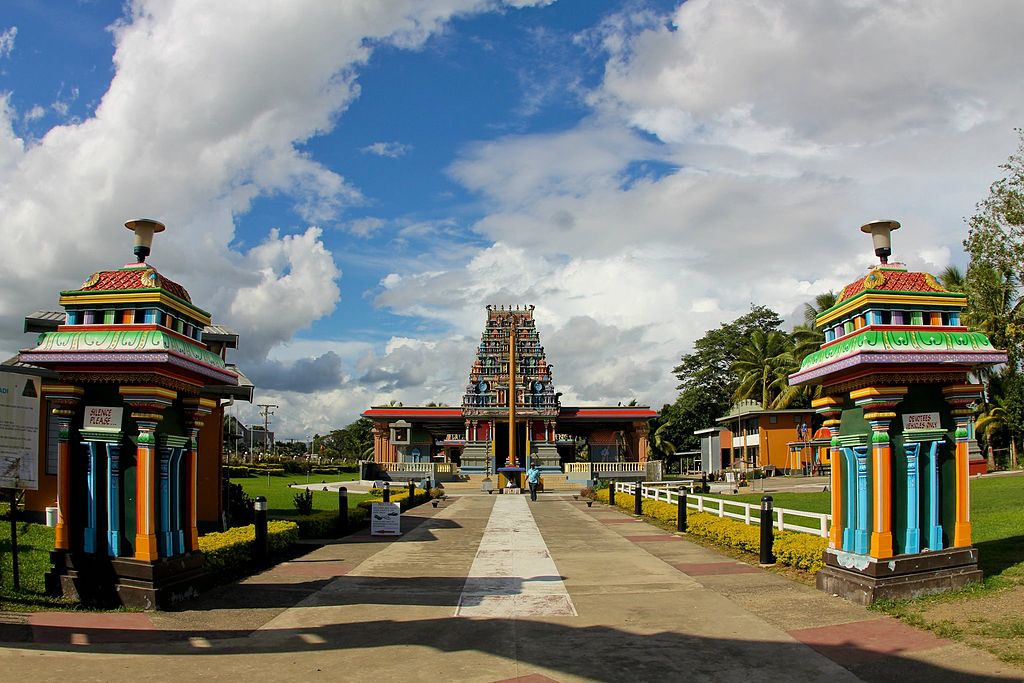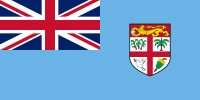 List of Insurance Companies Logos and Names in Fiji – World Insurance Companies Logos. Clicking on the logo of every insurer of Fiji gives you access to all the information the assurance company has on its own website.
List of Insurance Companies Logos and Names in Fiji – World Insurance Companies Logos. Clicking on the logo of every insurer of Fiji gives you access to all the information the assurance company has on its own website.

List of Insurance Companies Logos and Names in Fiji
List of Insurance Companies Logos in Fiji. The pages of this site contain a wealth of essential information about all sorts of assurance issues. By clicking on each insurer’s logo, it can instantly access this updated information.
- All
Insurance Companies in Fiji
Here are some of the prominent ones:
- BSP Life Fiji is a leading life insurer in Fiji, offering a range of life insurance products and services.
- Tower Fiji provides various types of coverage, including home, motor, travel, and business insurance.
- AA Fiji offers a wide range of assurance products, including motor, home, marine, and travel assurance.
- QBE Fiji is a subsidiary of QBE Group, one of Australia’s largest insurers. They provide coverage for individuals and businesses in Fiji.
- FijiCare Limited offers health, medical, and personal accident assurance for individuals and groups.
These are just a few examples of insurers operating in Fiji. It’s always a good idea to research and compare different companies to find the one that suits your specific coverage needs.
See more logos and names of insurers in the Logos of insurance companies in Oceania page.
Insurance Company Names
Insurance Company Names. Find the best insurer for costs, coverage, customer service and claims support. Find out which insurer you trust. Find the best assurance companies
General Insurers
BSP Health Care (Fiji) Limited
Capital Limited
Fiji Care Limited
New India Assurance Company Limited
Sun Company Limited
QBE (Fiji) Limited
Tower (Fiji)
Life Insurance
BSP Life Limited. Life assurance
Life assurance Corporation of India
Insurance Brokers
Aon Limited
Marsh Limited
Unity Brokers
Insurance Holdings (Pacific) Pte Ltd
Complete Insurance Services Pte Ltd
Health care in Fiji
Health care in Fiji is delivered by a mix of public and private health facilities. The Ministry of Health and Medical Services has responsibility for the supervision and management of the health system in Fiji. The following are some key points on health care in Fiji:
1. Public Health Care System: Fiji has a network of government-run healthcare facilities, including hospitals, health centers, and nursing stations. The largest public hospital is the Colonial War Memorial Hospital (CWMH) located in Suva, which serves as the main referral hospital for complex medical cases. We also have divisional hospitals and health centers across Canada.
2. Private healthcare sector: Fiji also has private hospitals, clinics and medical practitioners who provide health services. Private health facilities are usually more expensive than public institutions, but often provide a higher level of care and additional services.
3. Access to healthcare: Access to health care in Fiji can be difficult, especially in rural and remote areas where facilities may be limited. Major urban centers such as Suva and Lautoka have better access to health services compared to more remote areas.
4. Health insurance: It is recommended to have health insurance when you are in Fiji, especially if you plan to use private health facilities. Some employers can provide health insurance coverage for their employees, and there are also private insurance providers in the country.
5. Tropical health issues: Fiji is located in a tropical region, and some health issues may be more frequent. It is important to take precautions against mosquito-borne diseases like dengue fever and malaria by using insect repellents, wearing protective clothing and sleeping under mosquito nets. In addition, travelers must be aware of water and food security to avoid gastrointestinal illnesses.
6. Emergency services: In case of medical emergencies, you can call 911 in Fiji for ambulance services. However, it is important to note that response times can vary, particularly in remote locations.
7. Expatriates and medical evacuation: Expatriates living in Fiji or visitors requiring specialized medical care may need medical evacuation in countries with more advanced health facilities. Medical evacuation is usually organized by private medical insurance or international relief companies.
Reserve Bank of Fiji – Insurance Supervision Policy Statement No. 8
1.0 Introduction
1.1 This Policy is issued under Section 3(2)(a) and Section 169 of the assurance Act 1998 as part of the Reserve Bank of Fiji’s standards governing the conduct of assuring business.
1.2 In preparing the requirements of this Policy, reference has been made to the recommendations of the International Association of assurance Supervisors and other international sound practices. The Reserve Bank of Fiji (Reserve Bank) has also taken into account the nature of licensed insurers and the level of development of the local assurance industry.
1.3 Risk Management is the process of identifying, assessing, controlling and monitoring inherent risk in the conduct of assuring business. A risk management framework is the totality of systems, structures, processes and people within which the insurer identifies, assesses, mitigates and monitors all internal and external sources of risk that could have a material impact on an insurer’s operations.
2.0 Objective of the Policy
2.1 The objective of the policy is to ensure that each insurer has in place a comprehensive risk management framework that is aligned to the insurer’s strategy and business plans, and commensurate with the size, complexity and the nature of its operations.
2.2 This draft policy has been developed to outline the Reserve Bank’s minimum requirements for the Risk Management Frameworks of Insurers licensed to conduct assurance business.
3.0 Requirements of the Policy Statement
3.1 Risk Management Framework
3.1.1 Each insurer is required to establish an effective risk management framework. The risk management framework (RMF) is the totality of systems, structures, processes and people that address the risk management process. The RMF sets the scope for the entire risk management process and determines how the process can be established and maintained within the institution.2
3.2 Risk Management Policy
3.2.1 Each insurer is required to develop as part of the RMF, a Risk Management Policy that outlines the institution’s approach to managing risk and the processes involved.
3.2.2 The Risk Management Policy must be documented, easily understood, auditable, accessible to all staff and reflective of the size, complexity and nature of the insurer’s risk profile and exposure. Furthermore, the Risk Management Policy must be approved by the Board or its proxy.
3.2.3 The Risk Management Policy must include:
(a) a documented Risk Management Strategy that is approved by the Board;
(b) clearly defined management responsibilities and controls; and
(c) sound risk management policies and procedures that clearly identify, assess, mitigate and monitor identified risks.
3.3 Risk Management Strategy
3.3.1 At a minimum, the RMS must:
(a) clearly identify the individuals responsible for approval and implementation of the risk management policies;
(b) detail the policies and procedures for the identification, measurement and assessment of risks;
(c) detail the policies and procedures to mitigate and control risks;
(d) detail the policies and procedures for monitoring and reporting risks;
(e) detail the systems that ensure the timeliness, accuracy and relevance of a management information system; and
(f) detail the processes to regularly review the RMF. ..more
From RB of Fiji
See all insurance company logos in Oceania.
List of Insurance Companies in Fiji – World Insurance Companies Logos

